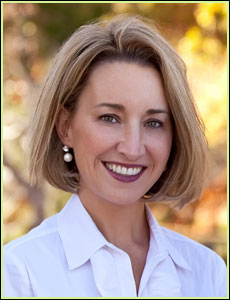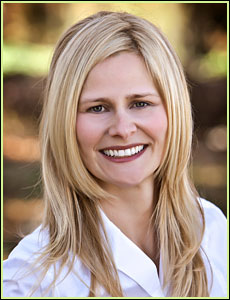
We’ve all heard that biting your nails is an awful habit, but you many wonder- really- what’s so bad about it? Recently, our team at Drs. Morrow, Lai, & Edwards found an interesting article that discusses how biting your nails affect your teeth and oral health.
Nail biting, also known as Onychophagia, is a common habit among various age groups, including primarily children, teens and young adults. Nail biting is generally triggered by stress and most often decreases with age. That being said, nail biting is unsanitary, unattractive, as well as unhealthy for your teeth!
Here’s why:
• It’s unsanitary. Your nails are dirty, almost twice as dirty as your fingers! Hence, biting your nails is just asking for germs and bacteria.
• No good things come to your teeth. Nail biting causes your teeth to constantly be chewing, which is not good for them. This excessive motion wears your teeth down faster than a non-nail biter’s and puts a large amount of stress on your front teeth- contributing to teeth misalignment.
• It can be costly. Nail biting can result in up to $4,000 in additional dental bills over one lifetime, according to the Academy of General Dentistry (AGD). Yikes!
What can you do about it?
Now that you know how harmful nail biting can be, it’s time to take action to break your nail biting habit. Try to be conscious of your fingernails and to keep them looking good- this will help you resist the temptation. Ask Drs. Morrow, Lai, & Edwards or visit the article for tips on how to break a nail biting habit.
Good luck!
Your friends at Drs. Morrow, Lai, & Edwards










